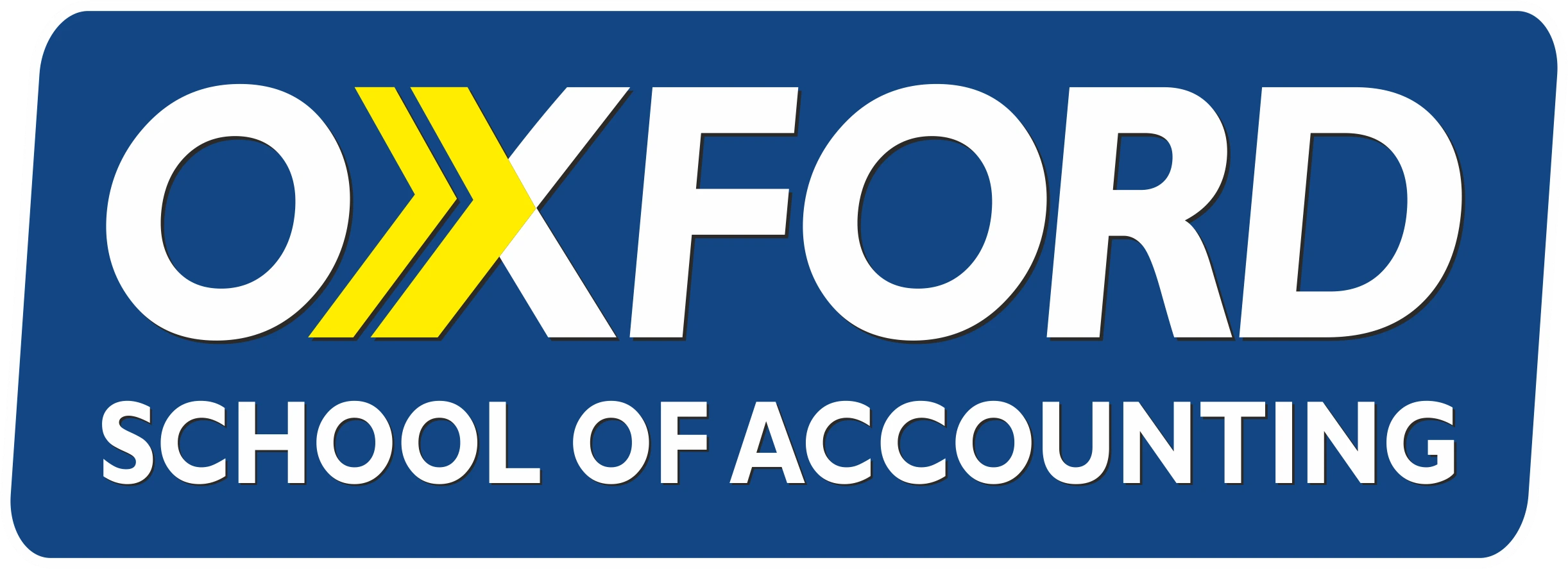The Basics of Banking: A Simple Guide
Banking might seem like a complex world of numbers and jargon, but at its heart, it's about keeping your money safe and making it work for you. In this simple guide, we'll explore the basics of banking, breaking it down into digestible pieces for anyone to understand.
What is Banking?
Banking refers to the business conducted by banks, which involves holding money for customers, offering loans, and providing other financial services. Banks are like big vaults where people can store their money. Once inside, this money can do more than just sit there; it can earn interest, help you pay bills, or even grow through investments.
How Do Banks Make Money?
Banks make money in a few ways, but the main method is through interest. When you deposit money, the bank pays you interest. However, when the bank lends money to someone else, they charge interest, which is typically higher than what they pay you. This difference in interest allows banks to profit.
The Importance of Interest Rates
Interest rates are like the price of borrowing money. They can go up and down based on what the country's central bank decides. When interest rates are high, saving money becomes more attractive because you earn more interest. Conversely, when rates are low, borrowing is cheaper, encouraging spending and investment.
What's a Credit Score?
A credit score is a number that reflects your financial reliability. High scores can open doors to better loan rates and credit card offers, while low scores may make lenders wary. It's like a financial grade based on how well you manage your debts and payments.
Online Banking: The Modern Twist
Today, most banks offer online banking, allowing you to manage your accounts from your computer or phone. This convenience means you can check balances, transfer money, and even deposit checks without visiting a branch.
Safety in Banking
Banks are among the safest places to keep your money. In many countries, a government-backed insurance scheme protects your deposits up to a certain amount. Plus, with modern encryption technology, online banking is secure, protecting your money and personal information.
How to Choose a Bank
Choosing the right bank involves considering fees, interest rates, services, and convenience. Some banks offer great online platforms but might have higher fees. Others might have more ATMs or branches. Think about what's most important to you.
Conclusion
Banking doesn't have to be intimidating. By understanding the basics, like the types of accounts available, how interest works, and the importance of a good credit score, you're already on your way to making informed financial decisions. Whether you're opening your first account or looking to better manage your finances, knowledge is the first step toward financial health and confidence.





